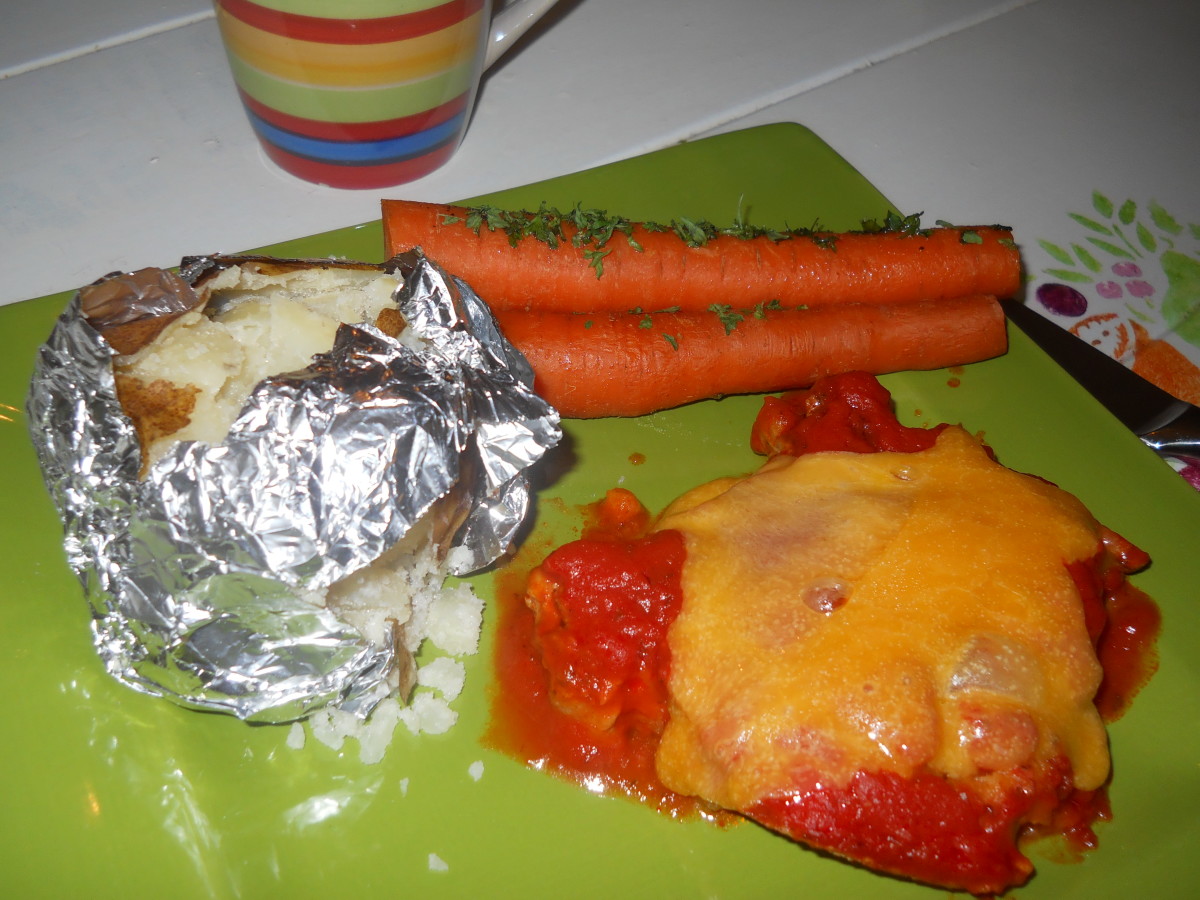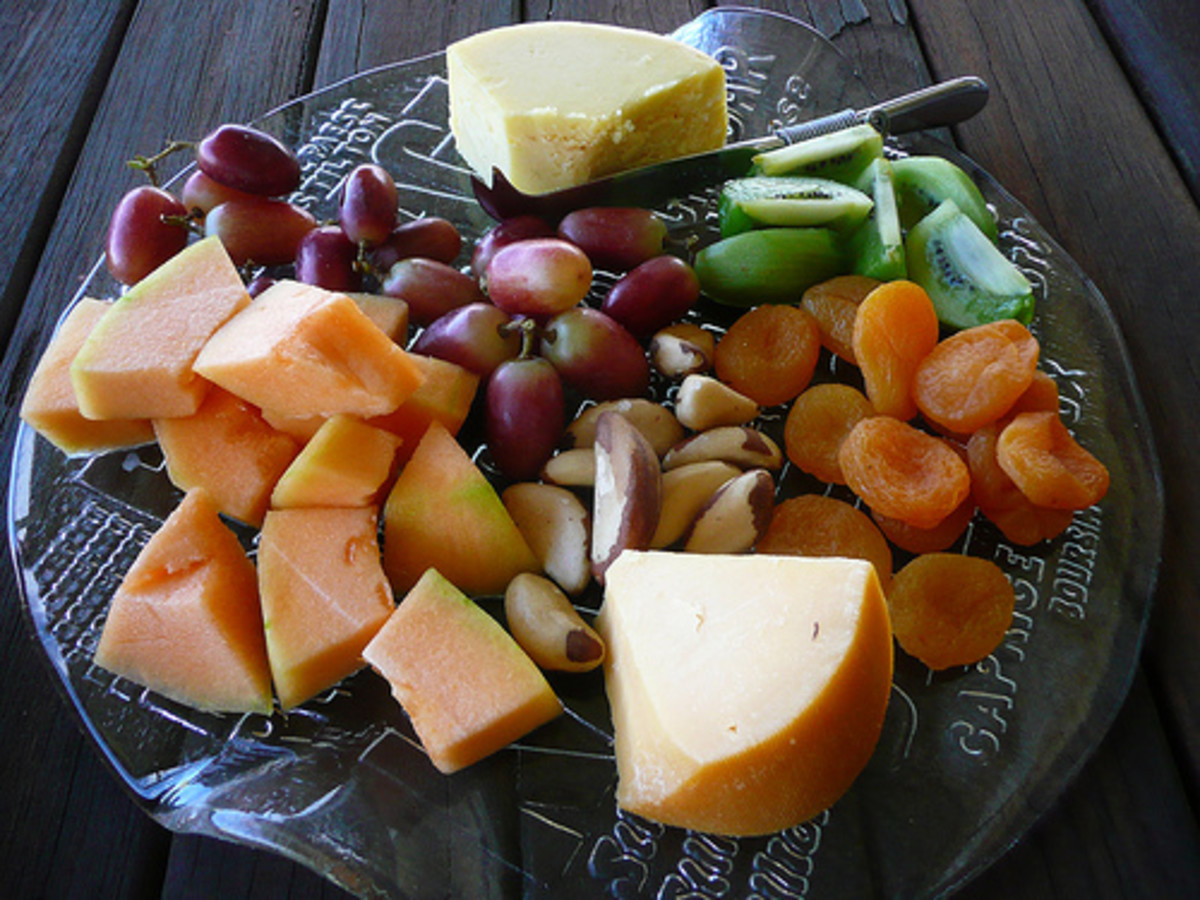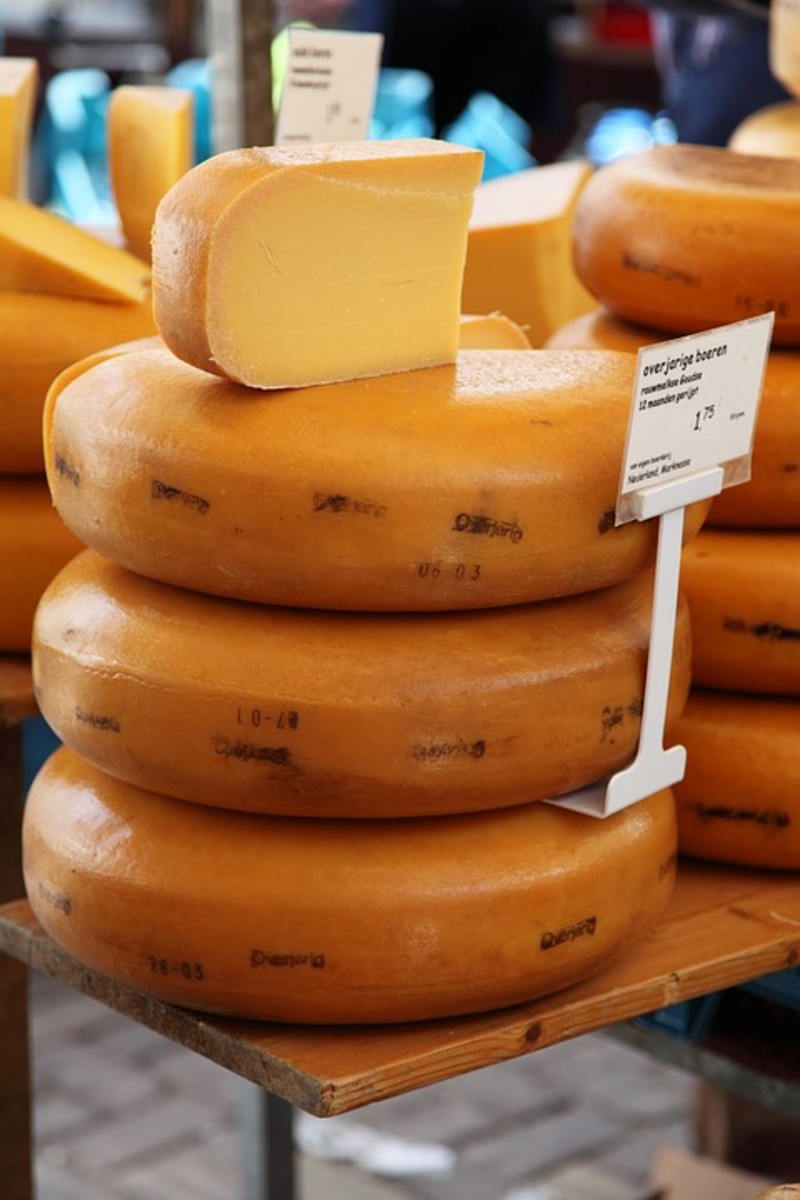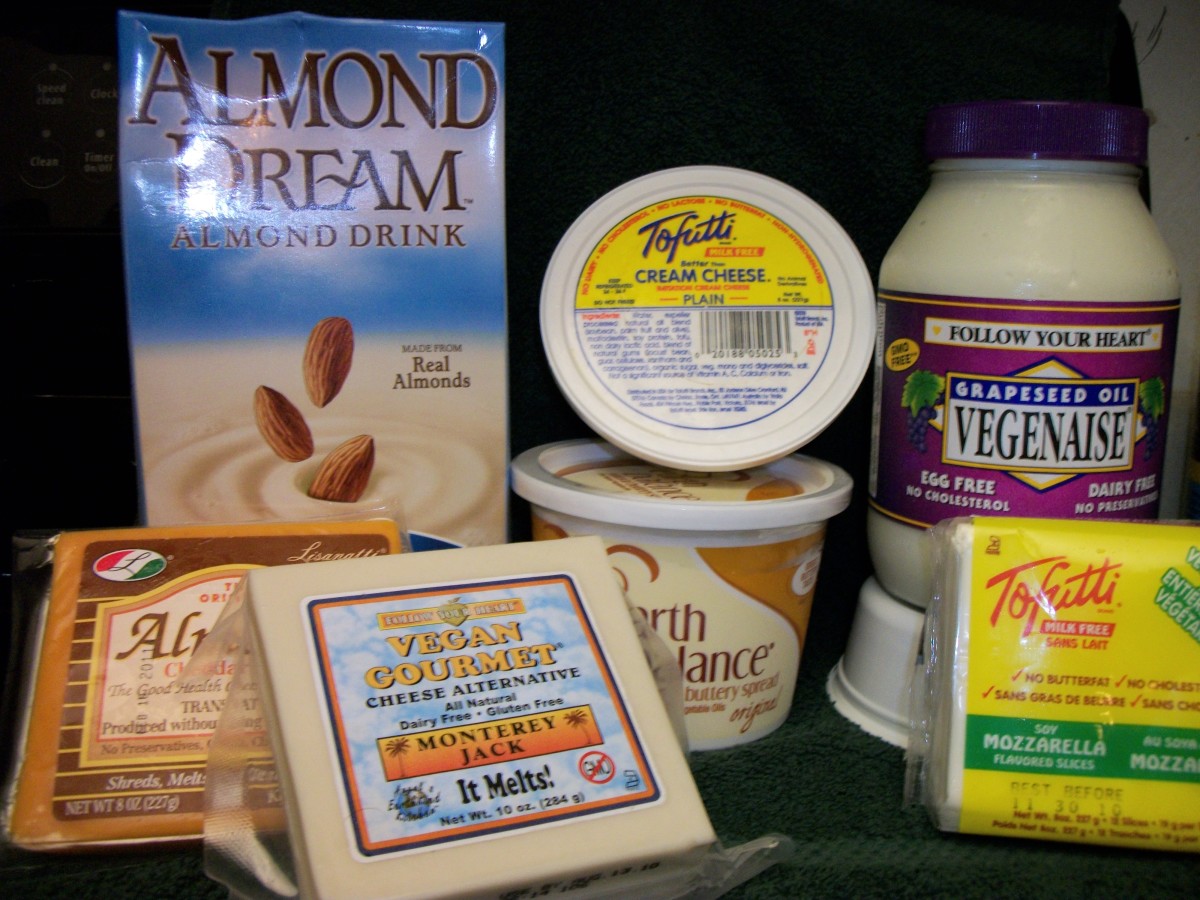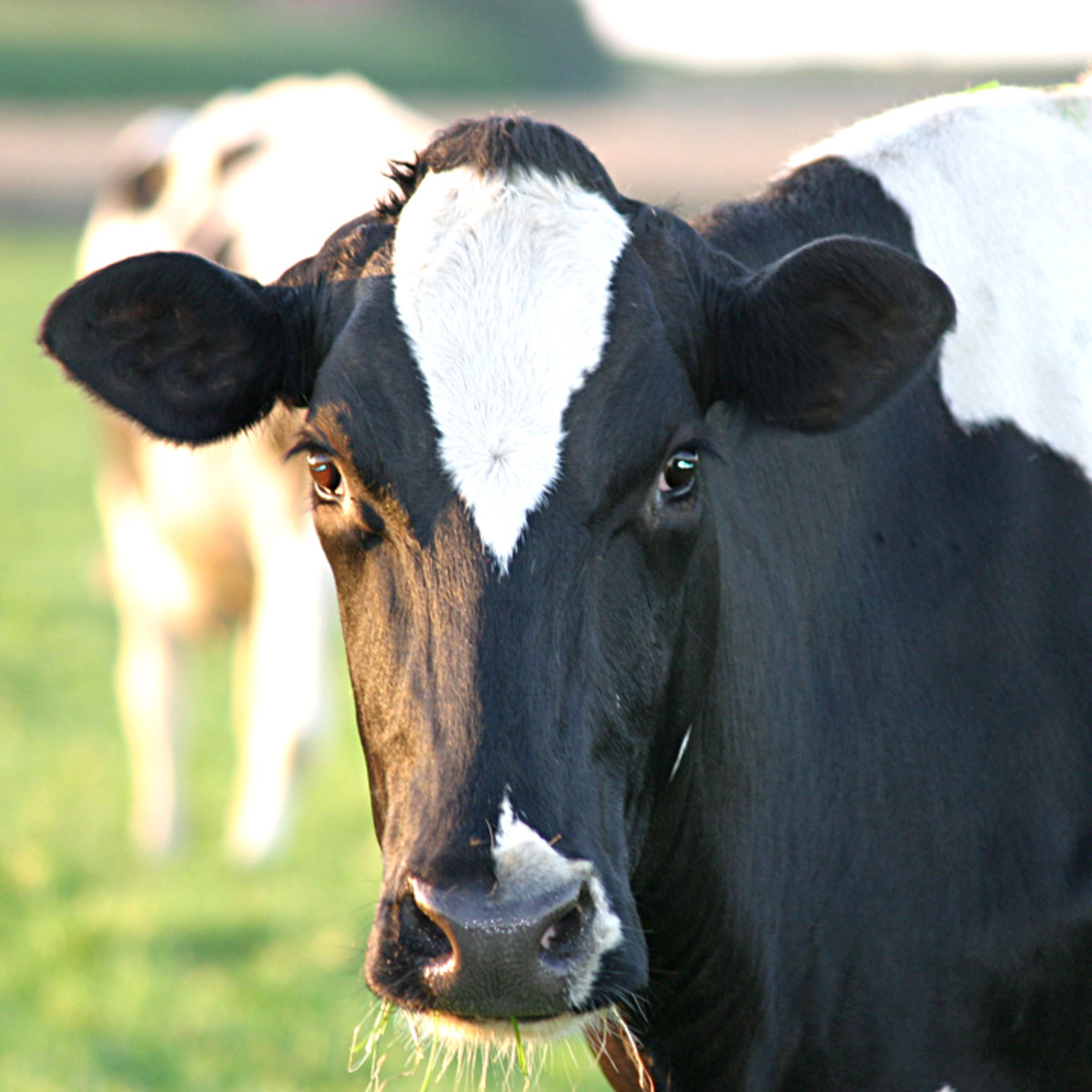Top 10 How To Tips For Selecting Cheese Types for a Dinner Party Tray
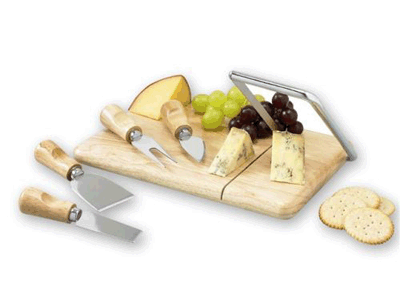
One of the things that many people love to have at a dinner party is a cheese tray. You can go buy a sampler of cheese to make things easy on yourself. But if you want to be more ambitious than that and select your own cheeses for your dinner party then there are a few things that you should know. Mostly, you need to know how many cheeses to choose and what to look for in terms of taste, texture and smell. Follow these ten tips when selecting cheese for your dinner party:
- Limit yourself to 4-8 different types of cheese. You don't want to overwhelm your guests by offering all of the different varieties of cheese that are available in your local supermarket or cheese specialty store. It's a lot better to choose just a handful of different high-quality cheeses than to try to cover all of your bases when putting together your cheese tray.
- Decide if you want variety in taste and texture or not. There are two different types of cheese trays - one that has many very different types of cheeses and one that has different cheeses that are similar to one another. For example, the first type of tray might have feta cheese and it might have cheddar, cheeses that offer extremely different tastes for your guests. In contrast, the second type of cheese tray might have feta and haloumi, two Greek cheeses that are similar to one another. If you want to offer variety, go with the first type. If you want to offer subtle taste differences, go with the second tray. Deciding this before you even go to the store will help limit your cheese selection and make it easier to buy the right cheese for your dinner party.
- Figure out when you will be serving the cheese. Are you having a mingling party where the cheese tray will be out all night? If so then you are going to want table cheeses that are good for snacking on their own and would likely include salty cheeses. In contrast, if you're serving the cheese dishes as a dessert course after a meal then you would want light and sweet cheeses instead.
- Figure out how you are going to serve the cheese. Do you want to cube the cheese and then stick it on toothpicks for serving? If so then you need to look for cheeses that cube well (such as provolone). Are you going to slice the cheese and serve it in slabs? Look for cheeses that cut well (such as Gouda or Gruyere). Need a cheese that you can spread on breads and crackers? Select a soft cheese like a mozzarella or ricotta. If you aren't sure if the cheeses you are looking at are right for the purpose of your dinner party then don't hesitate to ask someone at the store or market; they'll be happy to help you.
- Look at the texture of the cheese (and even touch it if you can). You want to select a cheese with a good texture because it will have the best taste. If you're selecting a dry, hard cheese then it should be solid but it shouldn't actually look dry or cracked. If you are choosing a sweet, moist cheese then you want one that is springy to the touch but isn't so wet that it's runny.
- Avoid choosing a cheese that has already been cut and packaged. You want to select a cheese that is going to be cut right there from the block when you purchase it. Pre-packaged cheeses will lose their flavor and won't be the best option available to you.
- Stay away from the smelliest cheeses. You know those cheeses that you open up and suddenly feel overwhelmed by their stench? They have their place but unless that's the purpose of your tasting you probably don't want to include them at your dinner party. They require an acquired taste that not all guests will have.
- Shop somewhere that allows you to taste the cheese. It is always better to buy cheese from a specialty market or farmer's market if you have that option. This will allow you to taste the cheese to make sure that it's of a high quality. You don't have to be an expert to choose a great cheese; just go with what your tongue tells you!
- Include one alternative to cow's milk cheese. If the cheeses that you are selecting for your dinner party are primarily cow's milk cheeses then you should choose at least one alternative. Guests with lactose intolerance or weak digestive systems will appreciate this. Add a goat's milk cheese or sheep's milk cheese to your selection before you leave the store or market.
- Consider including a local cheese. Artisanal cheeses are being made at small farms and stores all throughout the world now. You would be surprised to find just how many local varieties of cheese exist in your own backyard. It's a nice treat for your dinner guests to be able to tell them that you selected a cheese that is local.



